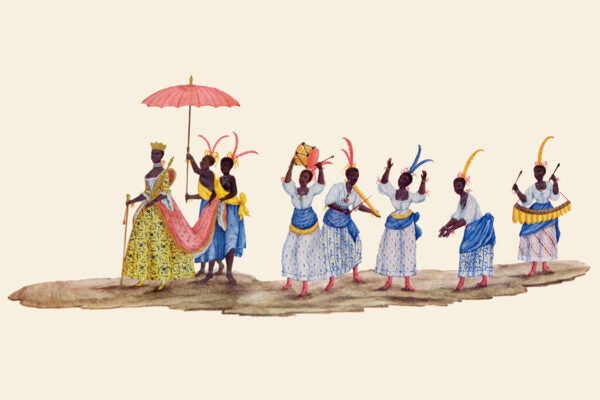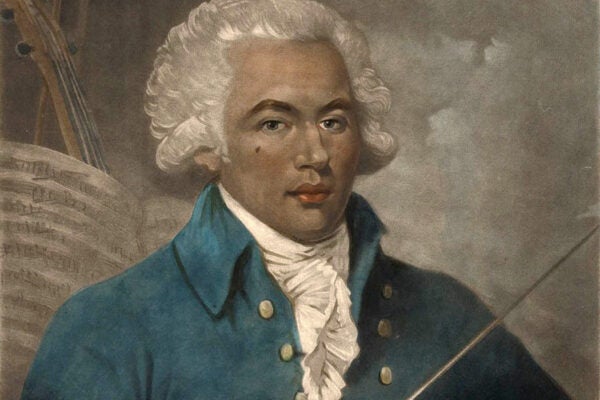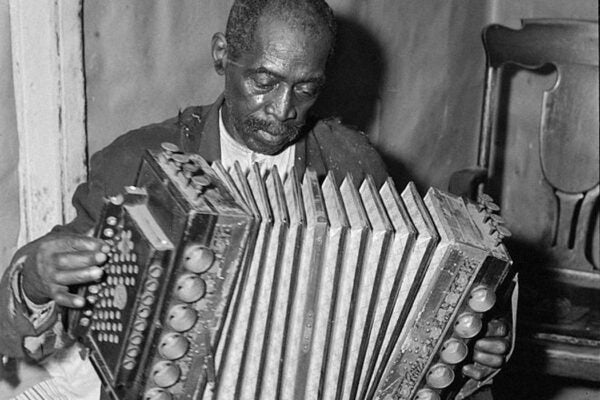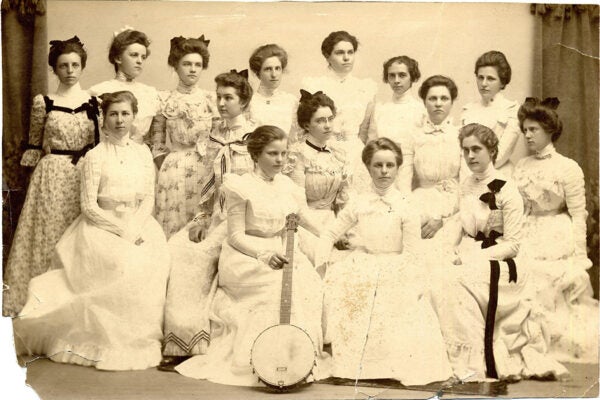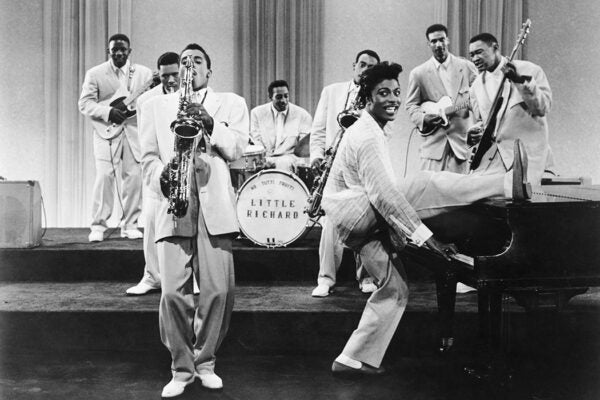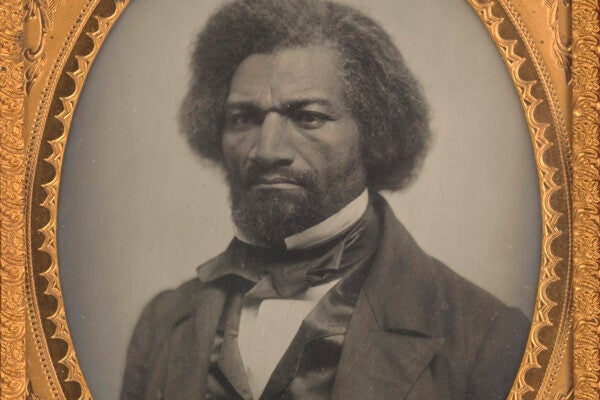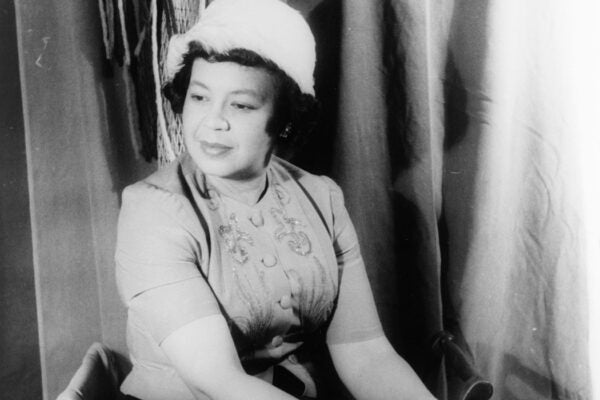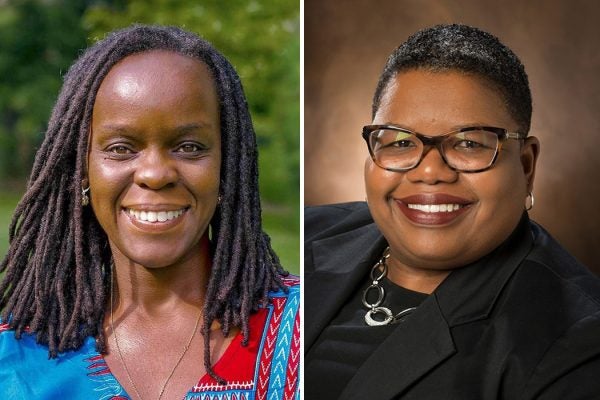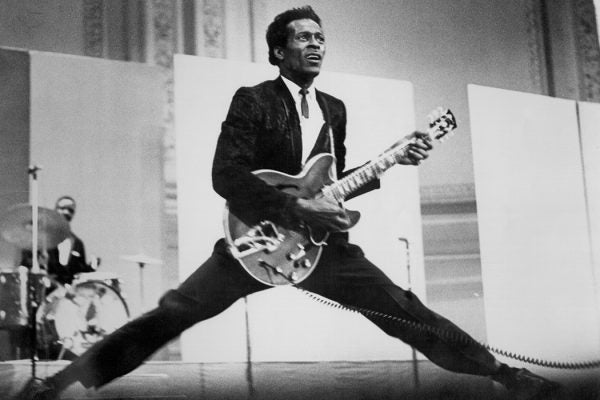The Roots of Catholic Samba
Since the early days of African enslavement in Brazil, Black Brazilians have cultivated rituals that mix Catholic and African elements in the form of holy Samba.
Fencer, Violinist, Composer: The Life of Joseph Bologne
As a musician of color during the Ancien Régime and French Revolution, Joseph Bologne, Chevalier de Saint-Georges, lived a life unlike those of his peers.
The Accordion Blues
Though many associate the accordion with polkas and klezmer, the instrument played an important role in Black music after its arrival in the United States.
The Nineteenth-Century Banjo
Derived from an instrument brought to America by enslaved Africans, the banjo experienced a surge of popularity during the New Woman movement of the late 1800s.
It’s Still Rock and Roll to Me
Rock and R&B have been considered separate genres for decades. But why?
“What to the Slave is The Fourth of July?”: Annotated
On July 5, 1852, Frederick Douglass gave a Fourth of July speech that became his most famous public oration.
Keeping Scores: Unearthing the Works of Black Women Composers
Black women composers have been active in the US since at least the mid-nineteenth century, yet they’re largely omitted from scholarship on women musicians.
The Scholars Charting Black Music’s Timeline: Tammy Kernodle & Stephanie Shonekan
Kernodle and Shonekan explore the contributions of Black Americans to classical music and the importance of music and song for social justice movements.
Race, Rock, and Breaking Barriers
The rock music industry brought more than a little racism to the radio, but a few artists pushed beyond the boundaries imposed by white audiences.
Music and Spirit in the African Diaspora
The musical traditions found in contemporary Black U.S. and Caribbean Christian worship originated hundreds of years ago, continents away.
